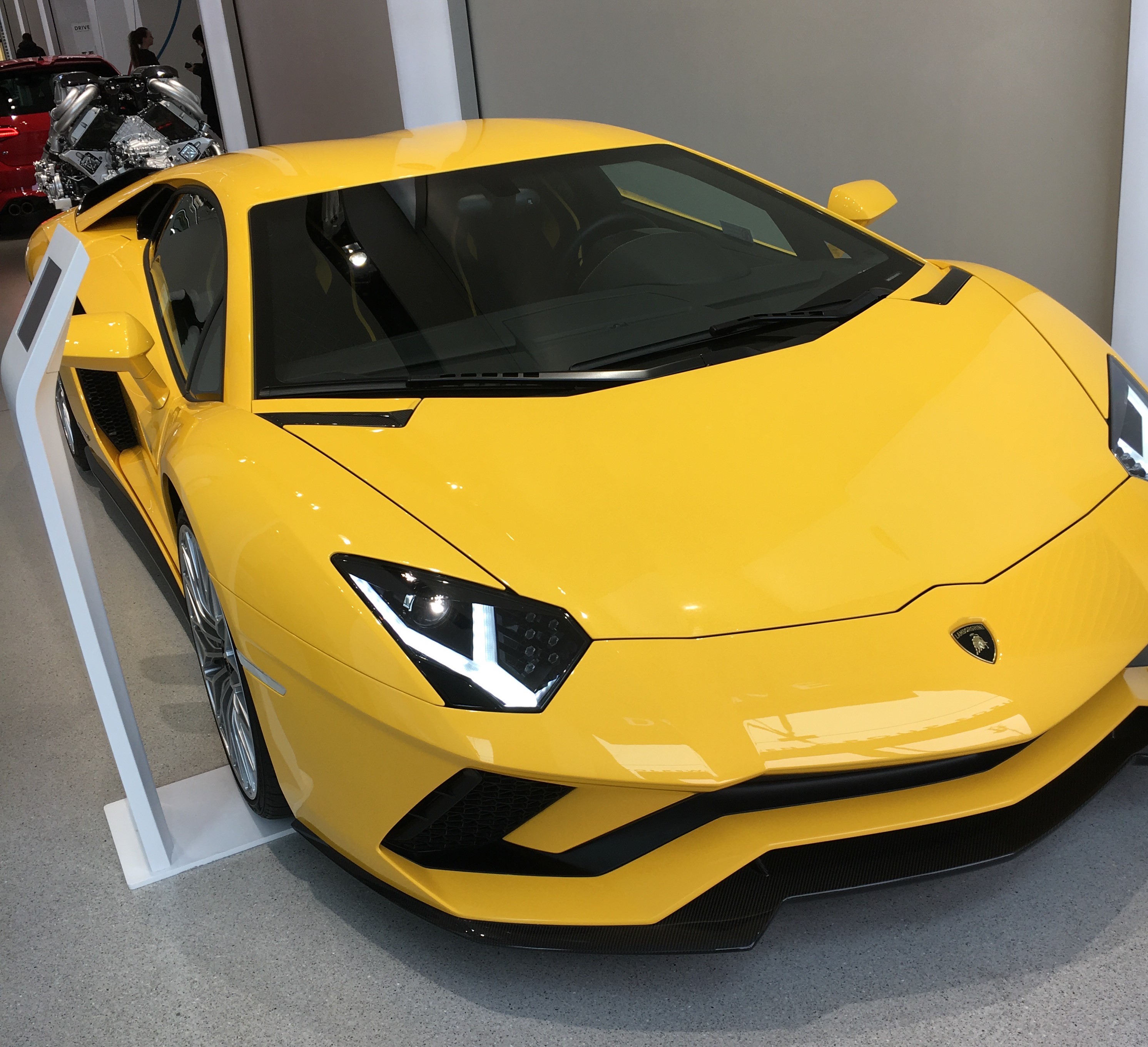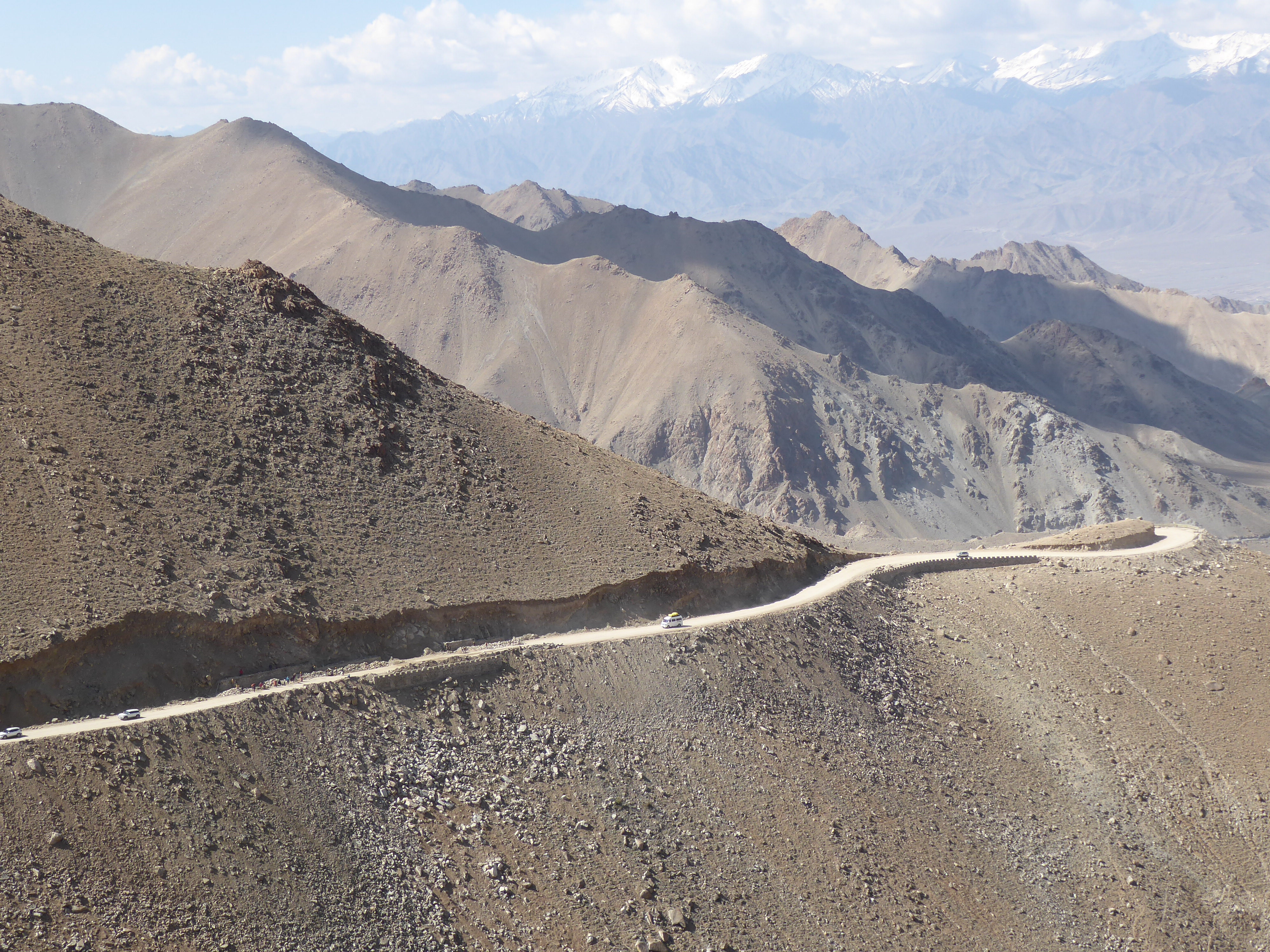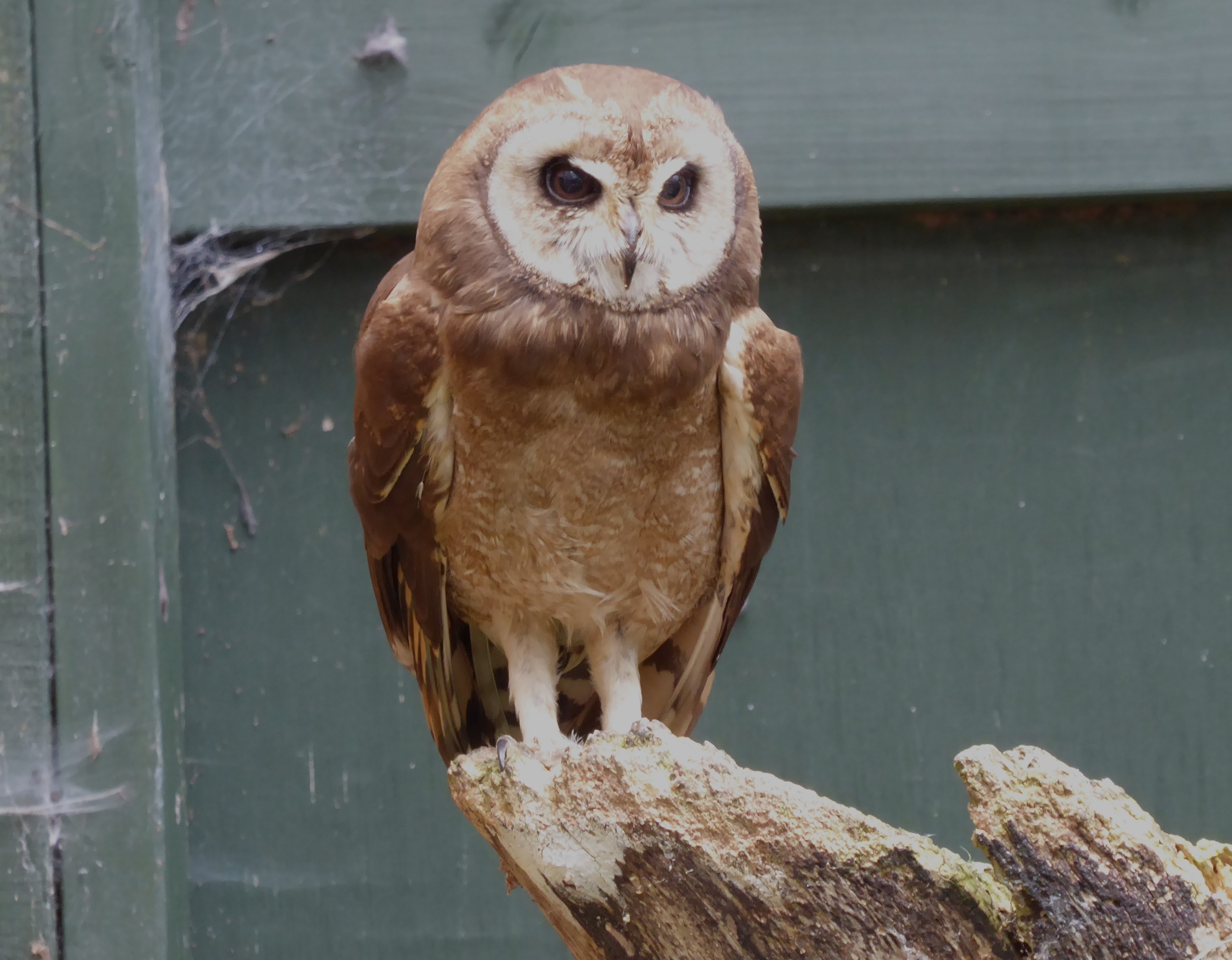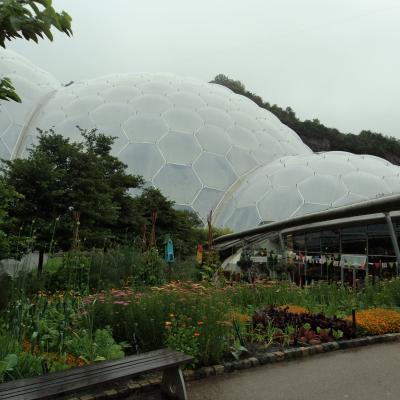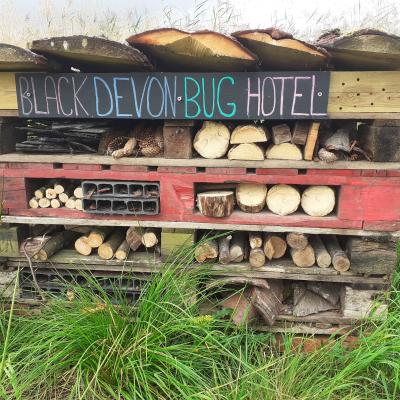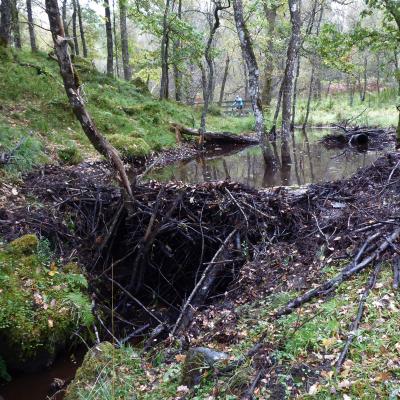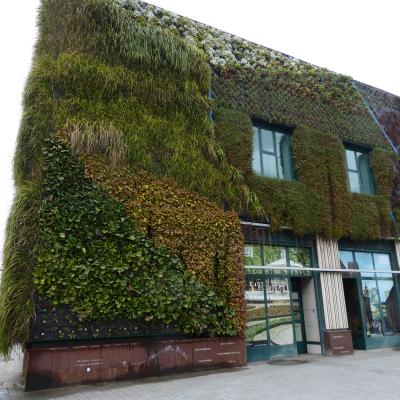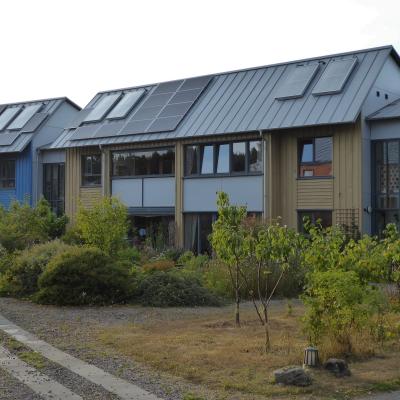Can you be rich and green? How should you spend a windfall to 'save' the planet?
We usually think that rich countries have trashed our planet and emitted most greenhouse gases. This is true but may not be the most useful way of thinking about it. Within wealthy countries there are the super rich, the middle classes and the less well off. There are also plenty of rich people all across the world - in India, China, the Middle East, in Africa.
Wealth enables travel and consumption of goods and services. It is this activity that uses resources and emits greenhouse gases. To tackle climate change, perhaps we should focus on what the rich can do (and also on wealth sharing) and less on individual countries.
A few statistics
The average person born in the UK emits 100 times that of someone born in Malawi; whilst an American emits nearly double that of a British person. A rural Malawian is nearly self sufficient; growing their own (mainly vegetarian) food with no artificial fertilisers, using no or little electricity, no heating, little motorised transport and buying relatively few goods and services. How does that compare to your lifestyle?
The Carbon Inequality Era, a report by Oxfam and the Stockholm Environment Institute, examined carbon emissions and the wealth of individuals.
The wealthiest 1% emit 15% of global emissions; the wealthiest 10% emit half of all emissions. The poorest 50% only emit 7% - yet they bear the brunt of the impacts from climate change.
[You need to earn £100,000 to be in the top 1%; £30,000 to be in the top 10%].
And, the reasons? The wealthy consume more and travel more - 90% of people have never flown, whilst 1% cause 50% of emissions from flying.
What wealth brings
As people get wealthier they are more likely to:
- live in a bigger house, fewer occupants in each house
- live further away from where they work (and play)
- own a car (or two, or three)
With further wealth:
- live in an even bigger house (two bathrooms, kitchen upgrade)
- buy fashion conscious clothing
- buy lots of electronic gadgets and 'stuff'
- eat more; more meat, imported food, alcohol, more food waste.
- buy lots of equipment for hobbies (often rarely used)
- take overseas holidays
With an awful lot of wealth:
- live in an even bigger house (more bathrooms than people)
- own a second home (empty most of the time)
- take regular short and long-haul flights, helicopter trips
- own a 4 wheel drive vehicle, avoid public transport
- buy expensive jewellery, wear clothes once
- stay in luxury hotels
- host extravagant parties and displays of consumption
- buy a yacht, or super yacht, or even a trip on space tourism!
So, there is a strong correlation between increasing wealth, increased consumption and all the related environmental consequences. There seems to be no limits to our potential extravagance.
"What about my electric car?", I hear you say. Yes, wealth may enable you to buy an electric car, and yes it is better than a petrol car. But it is heavier and requires more resources (lithium etc) to manufacture. It is not a 'green' option.
What to do if you win £1 million on the lottery?
I asked this question on twitter (@carbonchoicesuk). My supporters are very green and very generous!
The most popular answer was to build a sustainable home for their family, but several were more generous and would pay to retrofit their neighbours' homes. Several would buy land to rewild, whilst more would plant trees or create community allotments. In fact supporting communities was a welcome feature of many of the responses. Interesting!
What not to do - Change your lifestyle
Buy a larger house, move out of town, buy a second (or third) car, go on more foreign holidays, drink more wine, take up expensive motorised hobbies.
The light green answer - Green your lifestyle
Move to a new (usually larger) home with a heat pump and solar panels. Buy an electric car.
This may help to reduce your direct emissions, but the danger is you will still buy more goods and services and overall increase your emissions. Is a large 'eco-home' in the countryside really green?
The deep green answer - Green your existing lifestyle; do good
- buy triple glazing, a heat pump and solar panels for your existing house (helps you, and exports to the grid)
- invest in companies that are actively green - renewable energy, innovation
- invest, buy or donate to rewilding initiatives (good for biodiversity and as a carbon sink)
- support community initiatives for the environment
What should Governments do?
Introduce targeted wealth and consumption taxes. A frequent flyer levy is the most obvious example. A mansion tax. Taxes on SUVs and inefficient cars. More VAT on luxury goods.
However, I doubt taxes alone would curb the consumption of the super rich - they can afford to pay. Some things are simply not good for society or the environment and should be restricted.
Encourage the rich to spend, invest or donate their wealth in renewable energy, insulation, rewilding and community initiatives. Yes, this may need tax allowances to encourage 'good' behaviours.
Also governments have a role in redistributing wealth. A more equitable society is fairer, raises aspirations and makes society happier and more stable.
A final thought
The Bible says "it is easier for a camel to go through the eye of a needle than for someone who is rich to enter the kingdom of God” (New Testament: Matthew 19).
How about: "it is easier for a camel to go through the eye of a needle than for someone who is rich to be green”.
Still, it is not impossible to be rich and green (but it is difficult and requires active choices).
Carbon Choices
If you want to see my future blogs, please email me at This email address is being protected from spambots. You need JavaScript enabled to view it. - I will send you each new blog as I publish them.
If you have enjoyed this blog, you might enjoy my book, Carbon Choices on the common sense solutions to our climate and nature crises. Available direct from me or on Amazon http://www.carbonchoices.uk/index.php/buy. I am donating one third of profits to rewilding projects.
